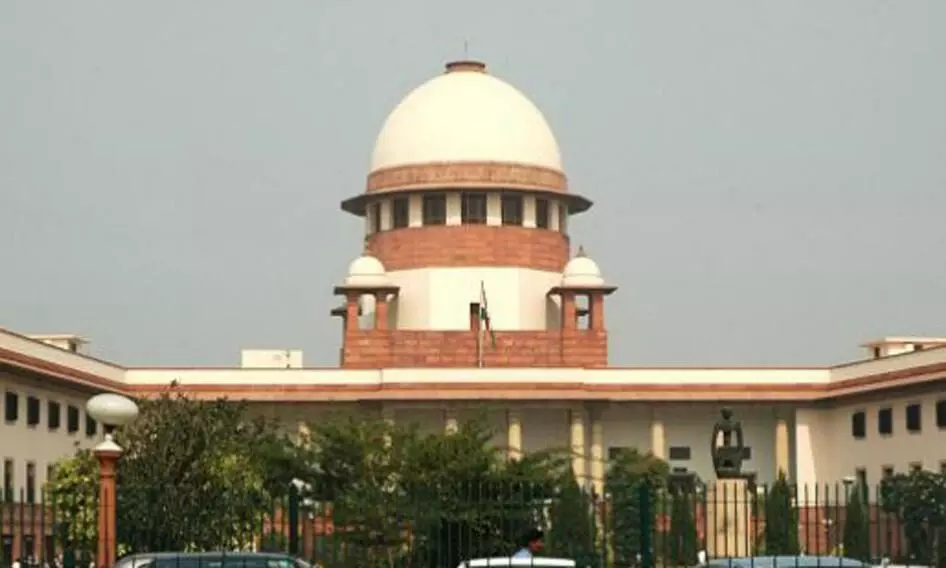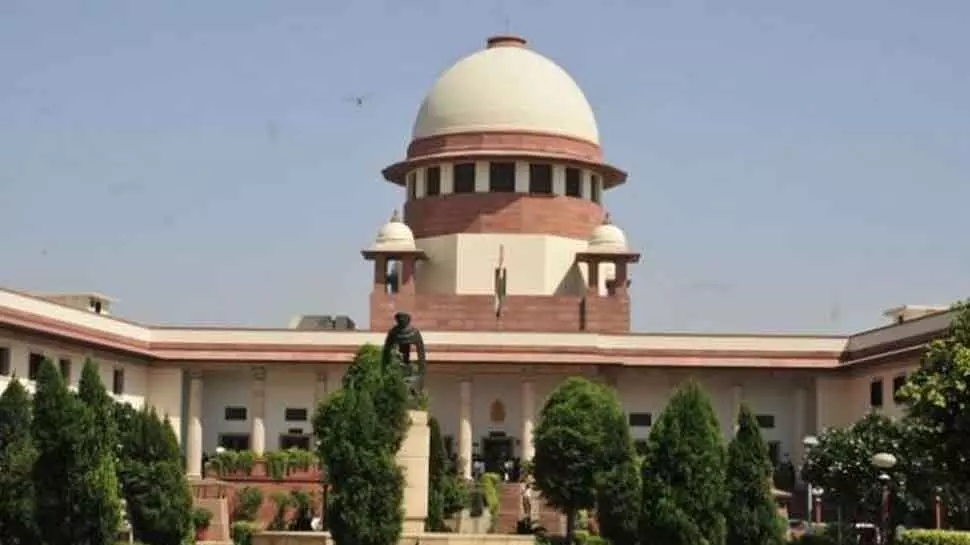
When law itself turns seditious
text_fieldsThe British colonial government had made Mohandas Gandhi come to the court for his articles in 'Young India' that were critical of their rule. The charge was sedition. Gandhi said in court, "I'm happy they charged 124A. This is the king of the political charges in the Indian Penal Code. Its aim is to suppress civil liberties." That was 1922. A century later, the Chief Justice of the Supreme Court has to repeat the same to the government of a free and independent India. CJI Ramna's remarks point out the irony that such a law, brought about by an imperialist government to suppress the freedom struggle, is now being used more expansively to clamp down on civil liberties, over 75 years after gaining independence. The British-made Section 124A is against democracy. The CJI's observation that this section is indiscriminately being used on anything and everything is true. The question whether our governing system is so fragile that it cannot handle criticisms arises from one fact: sedition cases are being used to stifle voices against governments/ In fact, the question of whether section 124A has become outdated is being raised seven and a half decades late.
As the Chief Justice noted, the fact that cases taken under Section 124A cannot be proved in court is itself proof of the misuse of this section. But the reality in India is that punishment begins the moment a person is accused, even if not proven guilty. This is a section that allows arrest without a warrant and is non-bailable. The passports of the accused would be seized. Even if the court proves the allegations false after years, it is not possible to return all that is lost; the law doesn't even have a compensation provision. Hence, the presence of section 124A in the constitution creates a 'chilling effect', muzzling the voices of critics. The intention here is not to control sedition but the critics of the government. Sedition charges were filed against those in the CAA-NRC protests and the farmers' protests. 25 sedition cases have been filed against 3700 individuals involved in the anti-citizenship amendment protests. The fact that out of the 25 cases, 22 are from BJP-ruled states, proves who is misusing this law. As per a study, 96% of sedition cases filed for political protests were filed under the Narendra Modi government. Hardik Patel who demanded reservation for his community, Vinod Dua who criticized the lockdown, and Aisha Sultana who criticised the atrocities of the Lakshadweep administration have all been branded traitors. As per the statistics put forth by legal website srticle-14.com, not only are sedition cases filed for criticising the Prime Minister or the Chief Minister, it is becoming a norm; 149 cases were filed for criticising the Prime Minister and 144 for criticising the UP Chief Minister. Such traitors includes students, journalists, opposition and activists. The law formulated by the British in 1870 is now being wielded as the most lethal political weapon.
The misuse is not just against political dissidents; it is used to satisfy communal vendetta as well. False complaints against unfavourable or disliked people are easily converted by the police into a section 124A case. Viewed from this angle, this very law constitutes a spur for sedition. The potential of misuse and the misuses have made this rule anti-people. Even though the Supreme Court through a verdict had ruled in 1962 that 124 A has constitutional validity, it is a threat to all fundamental and citizen rights. But the guidelines set by the court then are not being followed. The SC tried in the Kedar Nath case too, to prevent misuse of the law. However, that did not work. In a country where some sections of the IT Act which have been struck off from the law are still being used indiscriminately, the only possible way to prevent the misuse of such an archaic law, proven to be misused, would be to remove it completely. The British who had crafted this law have removed it from their statute books, noting that it is undemocratic to crack down on dissent and protests. Let us hope that the Supreme Court will give Indian democracy a breath of fresh air, and will side with Gandhiji by granting petitioner Retd Major General Vombatkere's plea that 124A be scrapped.

























